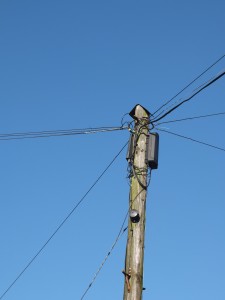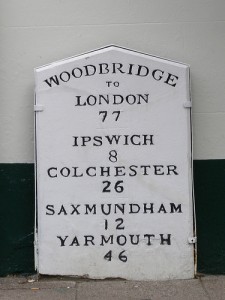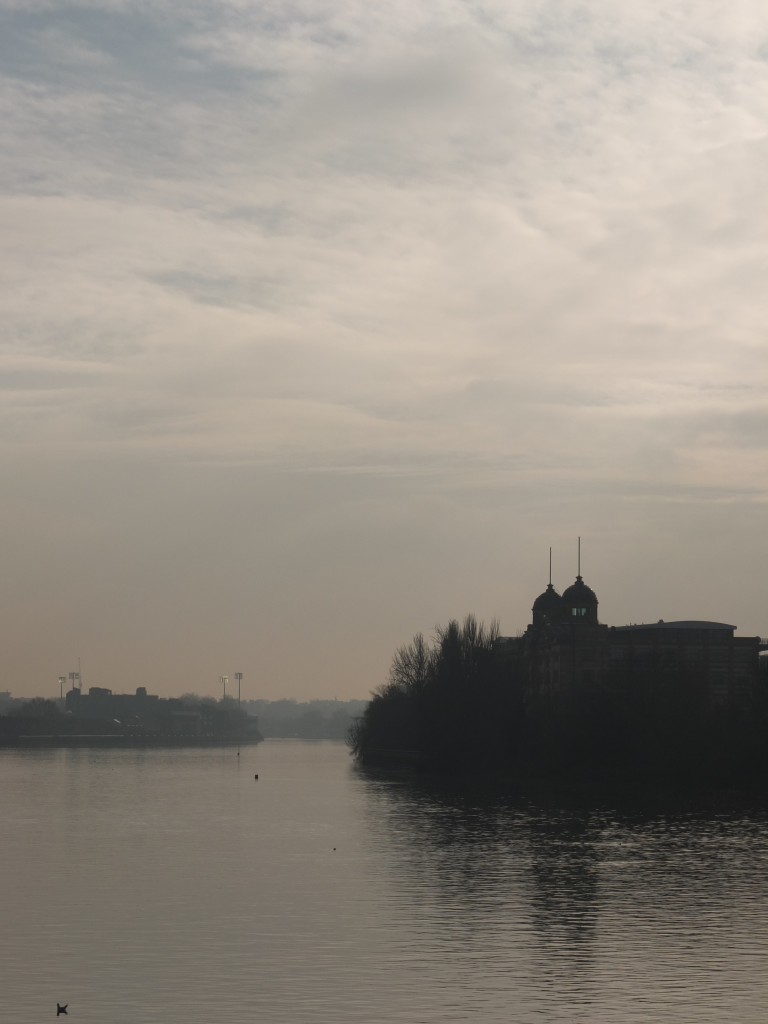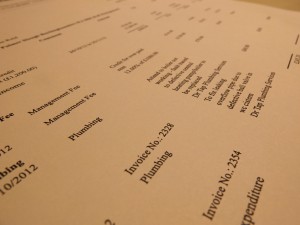 One of the sadnesses of modern life… well – of my modern life at any rate… is that I don’t have time to read a daily paper. I am sufficiently old-fashioned that, whereas I find the BBC’s online news coverage to be completely indispensable in many ways, I do prefer to be able to sit down with folded newsprint and ink – preferably over a cup of something decently hot and caffeine infused.
One of the sadnesses of modern life… well – of my modern life at any rate… is that I don’t have time to read a daily paper. I am sufficiently old-fashioned that, whereas I find the BBC’s online news coverage to be completely indispensable in many ways, I do prefer to be able to sit down with folded newsprint and ink – preferably over a cup of something decently hot and caffeine infused.
These days I often purchase The Independent on a Saturday (my apologies to those Canadian and other readers to whom these titles are meaningless) in part because it has a decent listings section, but the mainstay of my print media habit is that doyen of the British Sunday press – The Observer. I don’t recall exactly when it was that I started reading The Observer, though it must have been either in the late 70s or early 80s, but since happily surrendering myself to the timeless tradition of devoting a sizable chunk of my Sundays to ‘the Papers’ I have seldom missed an edition. I follow The Observer now for same reasons that I ever did – the quality if the thinking and the quality of the writing.
Two recent articles caught my eye. The first piece concerns the documentary film ‘Inequality for All‘ – winner of the special jury prize at this year’s Sundance Film Festival – whilst the second is from one of The Observer’s regular political columnists – Nick Cohen. Though ostensibly unrelated both pieces address a subject that has been much in my mind of late – the ever growing gap between the richest and the poorest in our society… indeed between the richest and all of the rest of us!
Directed by Jacob Kornbluth, ‘Inequality for All’ stars (if that is the word) Robert Reich – who was Bill Clinton’s Secretary of Labour and is now a professor of public policy at the University of California at Berkeley. The film is based largely on his book – ‘Aftershock’. Reich’s thesis is that in economic terms something changed dramatically in the 1970s. Though the world’s economies continued to grow strongly thereafter until the 2007/8 crash, middle and lower class wages did not – becoming basically static. At the same time, however, the incomes of the top 1% not only continued to grow, but did so exponentially.
Nick Cohen’s article references work by the economist Emmanuel Saez on the aftermath of this most recent recession. Antithetically to previous major recessions – the impacts of which were felt on incomes and stock yields for decades afterwards – by 2010 the incomes of the top 1% in the US were growing again at healthy rate. Not so the remaining 99% – the incomes of whom remain stubbornly mired even now. Yet again there is evidence of an increasing disconnect between the world’s richest and the rest.
If these trends trouble you at all I urge you to check out these – and related – articles for the full picture.
My own thoughts run somewhat tangentially to the main thrust of these articles. It occurs to me that – in large part – the increasing disillusionment with politics in the UK in particular – as reflected in the ever declining turnout at elections – is evidence of an electorate that is coming to believe that those who govern us actually do so solely in the interests of the 1%. Further – this would now seem to be true across the entire political spectrum, either because the politicos are themselves of – or have connections to – the 1%, or – rabbit-like in the face of the on-rushing ‘artic’ (Canadian: truck!) – they fear or are mesmerised by its power and influence. Either way, the middle and lower classes would appear to be – to put it impolitely – screwed! As Reich suggests (quoting an untypically prescient billionaire, Nick Hanauer) this is problematic because – contrary to received wisdom – it is not the 1% that actually generate growth (intent as they are on taking cash out of individual economies), rather it is the great mass of the middle classes (by spending it!).
History would suggest that were this trend to continue unchecked, at a certain point a revolutionary ire would finally be aroused, the formerly silent majority would declare that enough was enough and an insurrection – in some form or other – would almost inevitably follow. The difference this time is that the 1% – by becoming a global phenomenon and by disassociating themselves from any particular nation state – have thus essentially rendered themselves untouchable.
And if not the state then against whom should we rebel – and how?























Recent Comments